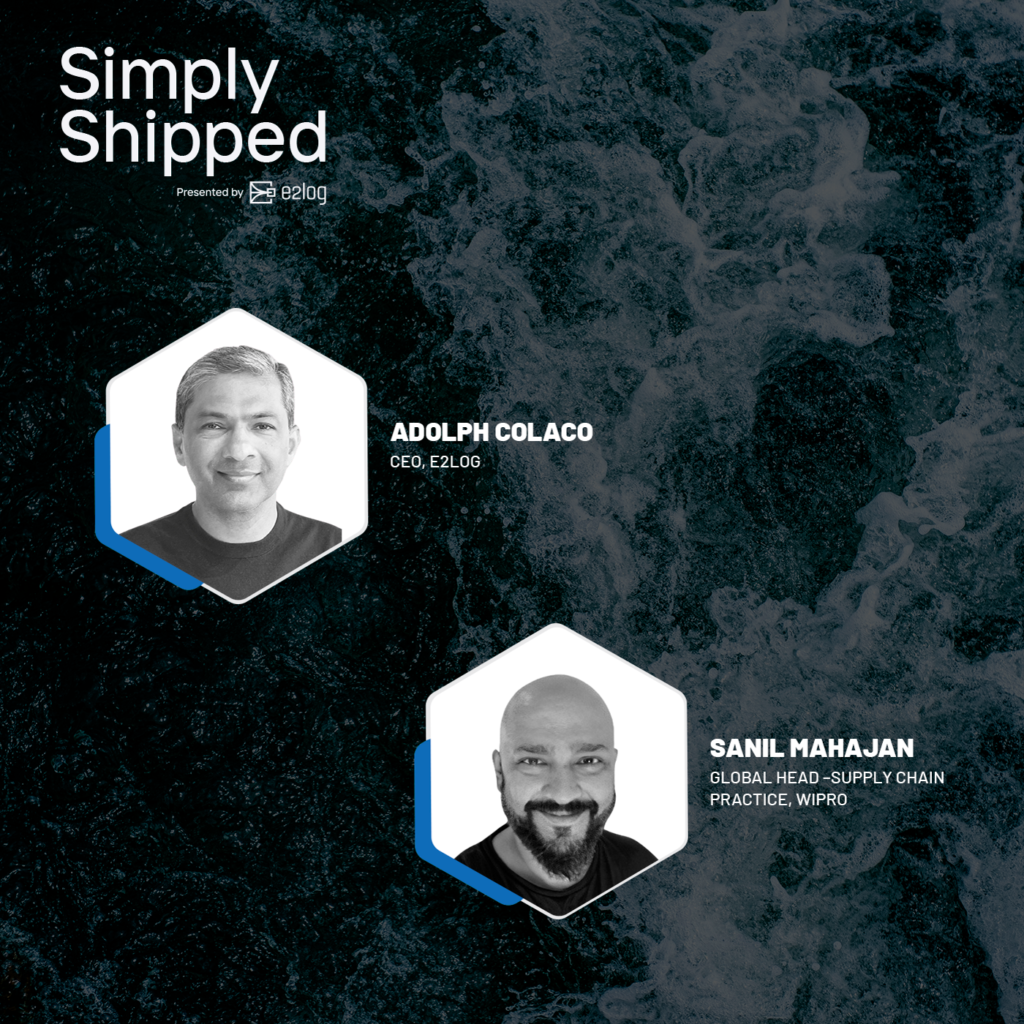Is Your Supply Chain Flexible Enough to Scale?
Blog Post

In the industrial and project logistics sector, the ability to maintain a supply chain that is flexible enough to scale is not just a competitive advantage—it’s a fundamental requirement. With the global population having surged from 2.5 billion in 1950 to over 8 billion today, and urban areas expanding rapidly, the pressure on supply chains has intensified. Consequently, this growth necessitates supply chains that are both efficient and highly adaptable.
The Imperative of Being Flexible Enough to Scale
Scalability is critical for several reasons:
- Population Growth and Urbanization: The rise in global population and the expansion of urban areas translate into increased consumer demand and more complex supply needs. Therefore, this drives the demand for large-scale infrastructure projects, renewable energy plants, solar and wind farms, and other significant industrial developments.
- Technological Advancements: Continuous advancements in transportation and communication technologies have revolutionized logistics. As a result, it is now feasible to track and meet the demands of a vast and growing population.
Strategies for a Supply Chain That Is Flexible Enough to Scale
1. Adopt a Demand-Driven Supply Chain Model
A demand-driven supply chain aligns supply with customer demand, enabling businesses to scale operations effectively. This approach ensures that production and fulfillment can be adjusted in response to real-time market demands. Additionally, it helps in maintaining efficiency and responsiveness.
2. Leverage Horizontal and Vertical Scalability
- Horizontal Scalability: This involves expanding your services, product lines, and customer base. It’s about growing your business laterally to meet new opportunities, such as expanding into new regions or adding new product categories. Consequently, this approach broadens your market reach.
- Vertical Scalability: This encompasses both scaling up to accommodate increased demand and scaling down in response to demand fluctuations. Flexibility in scaling down is particularly vital in today’s volatile market, helping to maintain profitability without severe cuts. Therefore, businesses can stay resilient during market changes.
3. Utilize 3PL Partnerships
Third-party logistics providers (3PLs) offer significant benefits:
- Flexible Capacity: Access scalable transportation and warehousing services without the need for significant capital investments.
- Advanced Technology: Benefit from the latest logistics technologies and infrastructures.
- Expert Guidance: Experienced 3PLs provide strategic advice and management support, enabling businesses to stay ahead of industry trends.
- Diversify Providers: Diversifying your 3PL partnerships can enhance delivery speed, reliability, operational flexibility, and cost efficiency.
Importantly, it’s not just about having multiple service providers, but the RIGHT ones that bring specific values. These partners should act as true allies in achieving your business goals and provide tailored solutions to meet your specific needs.
Conclusion
Ensuring your industrial and project supply chains are flexible enough to scale is about more than handling more products or expanding your reach. It’s about being agile, responsive, and resilient in the face of both opportunities and challenges. By adopting a demand-driven approach, leveraging scalability strategies, and diversifying 3PL partnerships, businesses can build a supply chain that is flexible enough to scale and is robust, efficient, and future-proof.
Is your supply chain flexible enough to scale? Now is the time to evaluate and adapt. The future of your business depends on it.
Interesting Post: 95% of supply chains must quickly react to changes. Still, only 7% can execute decisions in real-time
For more insights and updates, follow us on LinkedIn. Stay connected with our latest thought leadership and industry news!

